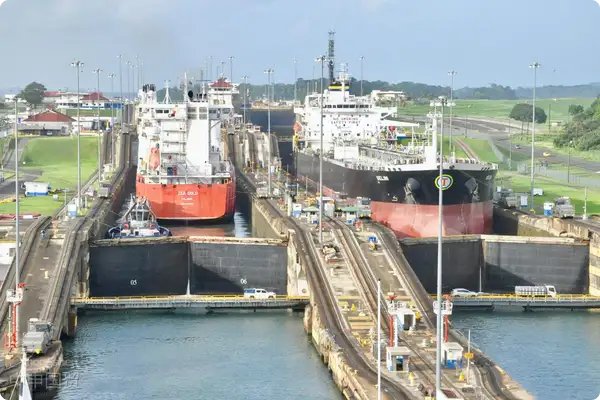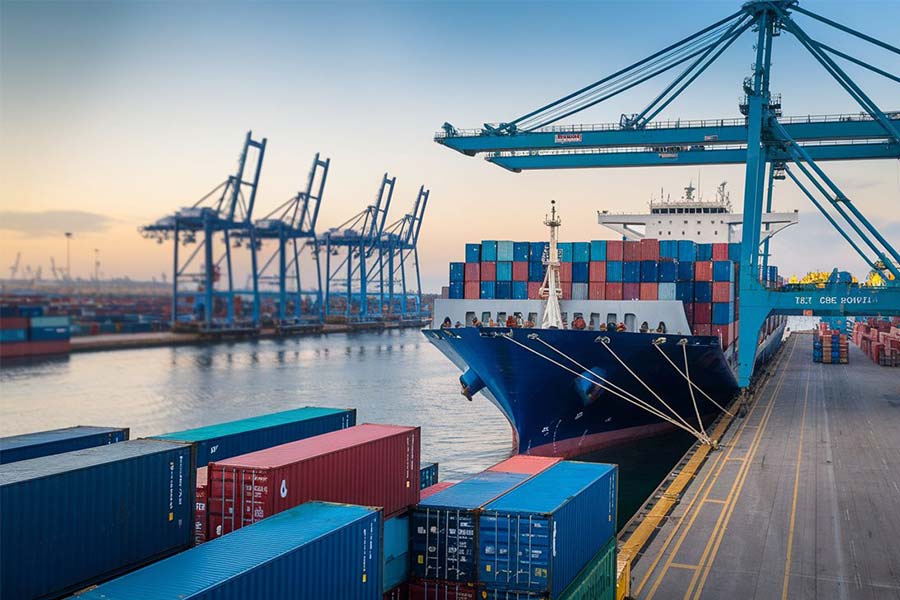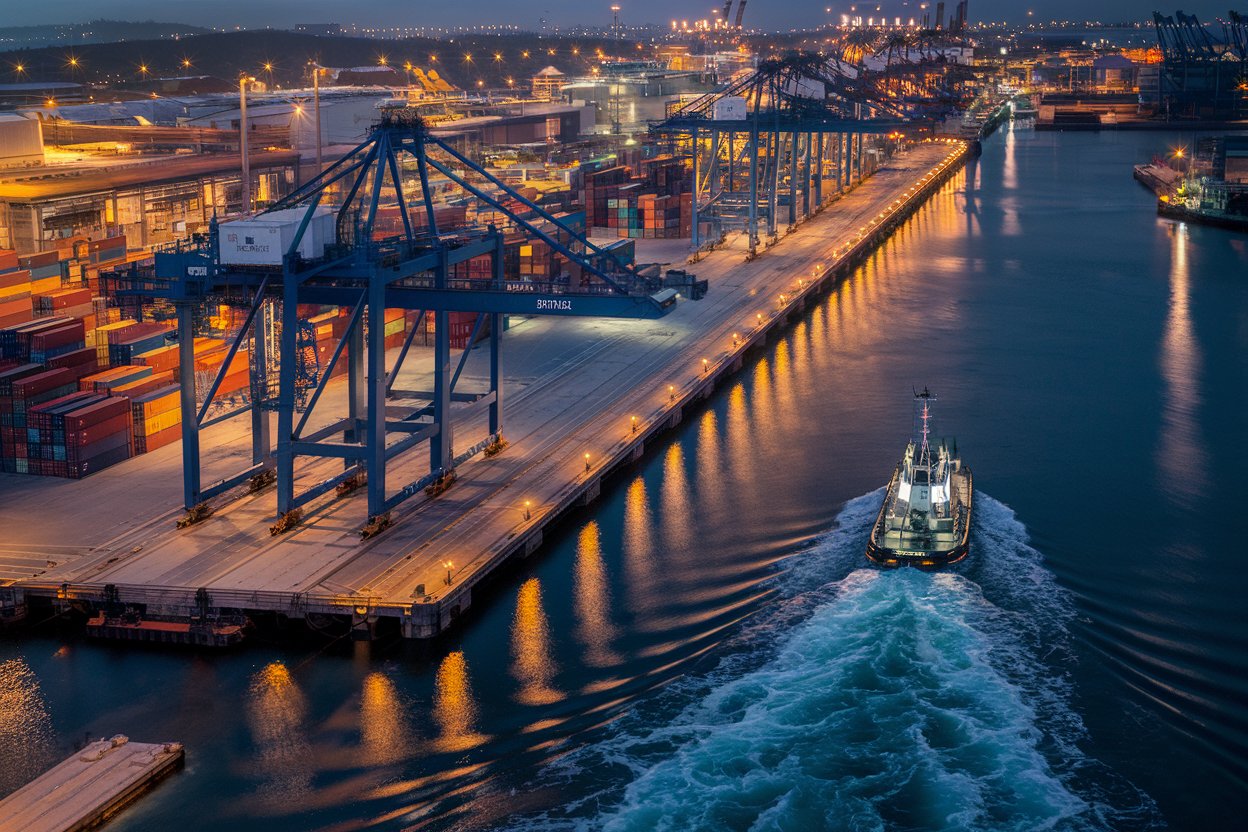- Shanghai Zhongshen International Trade Co., Ltd. - Two decades of trade agency expertise.
- Service Hotline: 139 1787 2118

Contents
ToggleCustoms Clearance Challenges in the New Landscape of the Imported Equipment Market
The global trade volume of industrial equipment is projected to exceed $3.2 trillion by 2025, with China maintaining its position as the largest single importer. However, the latest data from the General Administration of Customs shows that the return rate of electromechanical products has increased by 37% compared to 2020, with 68% of customs clearance delays attributed to technical trade measures. This has raised higher professional requirements for import equipment agency services.
The Six Core Functions of a Professional Agency
- Prequalification System
- Certification Verification of Equipment Origin
- Pre - application for import license
- Comparison of CCC Certification Directories
- Tariff planning module
- Breakdown of HS Codes for Components
- Application of Free Trade Agreement Tariff Rates
- Temporary import-export scheme design
- Technical Compliance Management
- Energy efficiency label verification
- Adaptation of Safety Protection Standards
- Environmental Access Testing
Comparison and Key Selection Points of Service Models
Based on the Customs AEO certification qualifications and service scope, agency companies can be divided into three levels:
- Basic service provider: Only provide basic customs declaration and logistics services
- Standard service provider: Possess the capability for technical document translation and compliance consulting.
- Full-process service provider: Possesses overseas pre-inspection and technical rectification guidance capabilities.
Case Analysis of Typical Risk Prevention and Control
Case 1: The Return Shipment Incident of Imported German Machine Tools
A company failed to verify the energy efficiency rating of its equipment in advance, resulting in an entire batch of goods being detained at the port due to non-compliance with the new GB 21455-2025 regulation. With the intervention of a professional agency, the issue was resolved through an on-site technical rectification plan, saving 28 days in customs clearance time.
Case 2: Tariff Dispute on Japanese Precision Instruments
By declaring the functional modules of the equipment separately, the agency service provider successfully reduced the import tax rate from 12% to 5%, saving 870,000 yuan in tariff costs for a single batch.
Five Key Considerations for Businesses When Choosing an Agent
- Whether it has a specificEquipment ImportsSuccessful Cases
- Does the technical team include mechanical/electrical engineers?
- Can you provide overseas pre-inspection services?
- Emergency Response Time Commitment
- Whether to establish a customs credit management system
Under the implementation of the new 2025 edition of the "Mechanical and Electrical Products Import Management Measures," selecting an agency company with full-process technical handling capabilities can reduce the average comprehensive import cost by 15%-20%. Enterprises should focus on evaluating the agency's ability to design technical renovation solutions and their experience in resolving customs disputes to ensure the smooth implementation of special equipment import projects.
Related Recommendations
? 2025. All Rights Reserved. Shanghai ICP No. 2023007705-2  PSB Record: Shanghai No.31011502009912
PSB Record: Shanghai No.31011502009912










